Eggdonation: becoming a mother through don
- Experts in highly complex treatments
Eggdonation: becoming a mother through don
- Experts in highly complex treatments
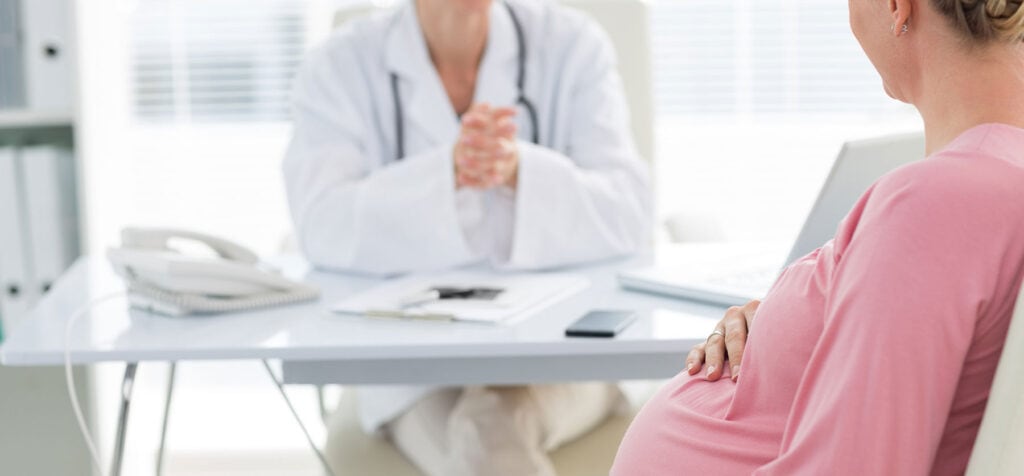
Index
What is the egg donation?
Eggdonation is an in vitro fertilization treatment in which the eggs of an anonymous donor are used to achieve pregnancy. Therefore, this procedure allows women who cannot achieve a pregnancy with their own eggs to have children.
Eggdonation is a treatment with a high success rate. Although there are several reasons why a woman needs to resort to donor eggs, nowadays the main reason is age. After the age of 40, the probability of having to use donor eggs increases considerably.
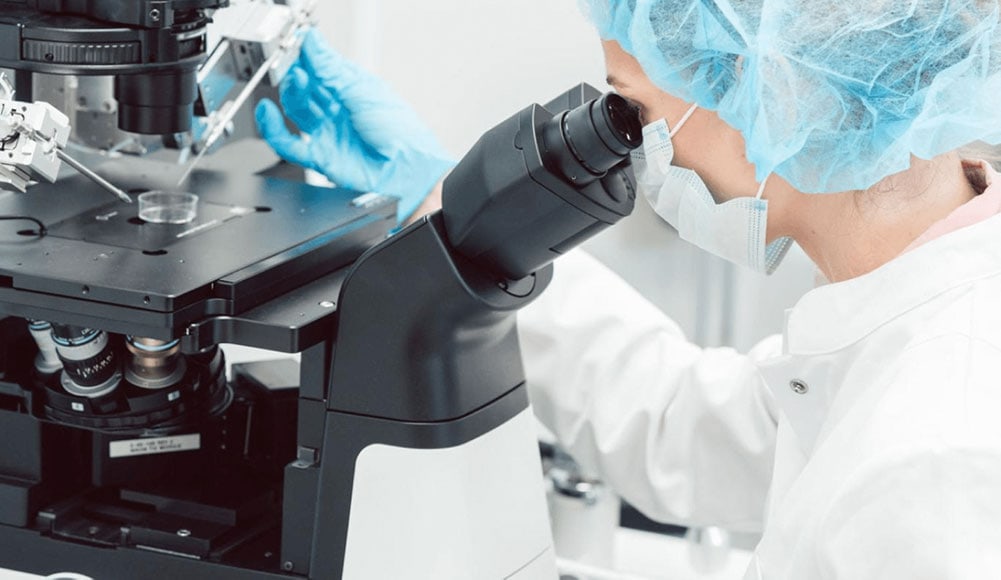

When is egg donation used?
The main cases in which women resort to ovodonation are the following:
- Low ovarian reserve: low quality and quantity of eggs.
- Own eggs with genetic alterations that can be inherited by the offspring.
- Early ovarian failure.
- Previous unsuccessful attempts at in vitro fertilization with own eggs: history of implantation failure, repeated miscarriages, etc.
- Loss of ovarian function due to cancer treatments.
How is the ovodonation process?

First visit (could be online )appointment
Before starting an oocyte donation treatment, our assisted reproduction specialists perform a fertility study on both members of the couple.
- Ultrasound to confirm that the uterus is in good condition to accommodate a pregnancy.
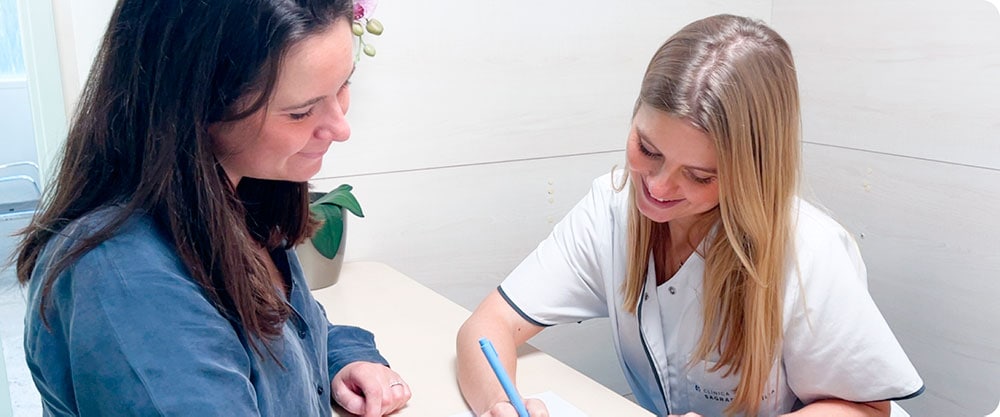
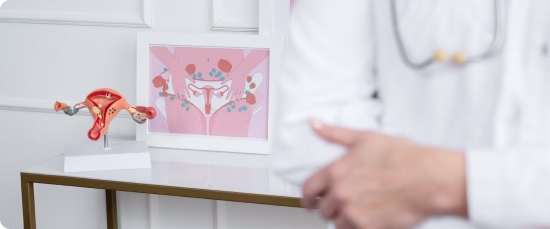
- Blood tests to rule out the existence of infectious diseases in the partners.
- Seminogram of male sperm.
Although these are the main tests, in some cases it is necessary to resort to additional examinations.
With all this information, the specialists will look for the most suitable egg donor for the parents, taking into account their physical characteristics (race, skin tone, eye and hair color, etc.).
Con toda esta información, los especialistas buscarán la donante de óvulos más idónea para los padres, teniendo en cuenta sus características físicas (raza, tono de piel, color de ojos y cabello, etc.).

Treament for the donor
Previously or in parallel – depending on whether the donated eggs are fresh or vitrified – it is necessary to carry out a treatment on the donor woman.
This involves ovarian stimulation, which promotes the growth and development of mature eggs. Subsequently, follicular puncture is performed, in which the eggs are extracted to be fertilized with the man’s sperm in the laboratory.
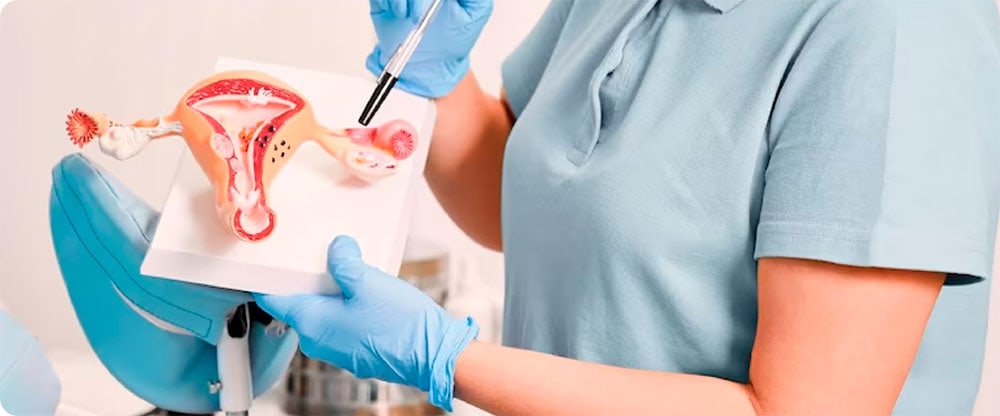

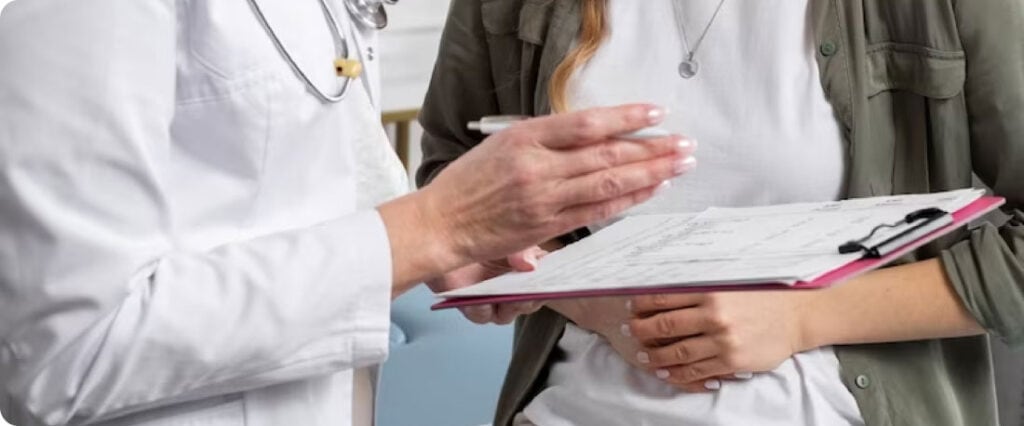
Endometrial preparation for the receiver
For her part, the woman receiving the eggs has to start a hormonal treatment to prepare her endometrium for the transfer of the embryos that have been created in the laboratory.
This hormonal treatment is based on the administration of estrogens and progesterone, orally, vaginally or in patches. This phase lasts between 12 and 14 days.
After the hormone treatment, the assisted reproduction specialist will check by means of an ultrasound if the endometrium has reached the appropriate conditions.
This could be done also with your ginecologyst in your country
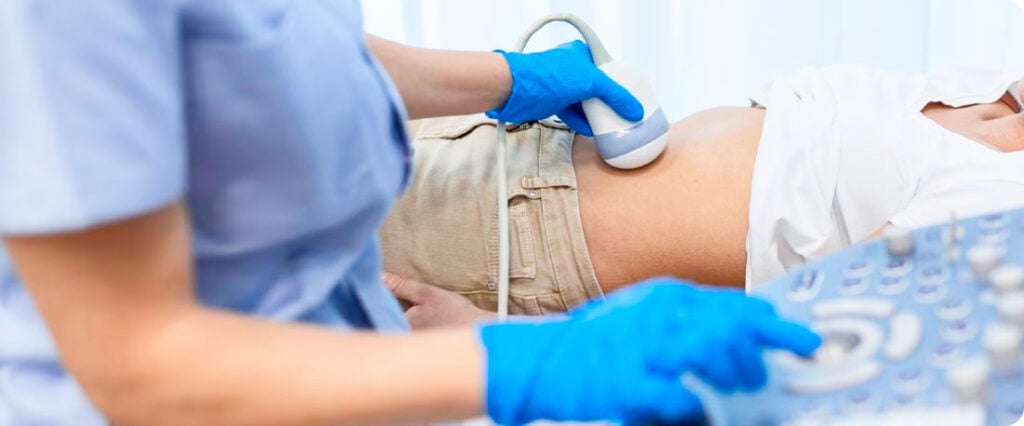

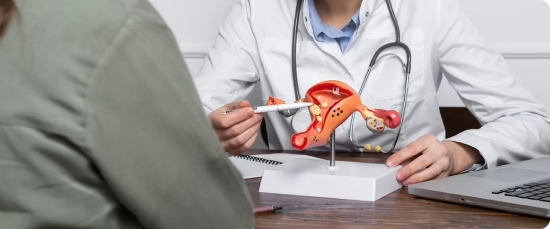
Embryo transfer to the receiver
After a few days of embryo culture, the embryos will be ready to be transferred to the recipient woman. The biologists will study all the embryos and choose the one that presents optimal conditions for a successful pregnancy.
With the help of a small cannula, the specialist will carefully deposit the embryo in the uterus..
This procedure is simple, quick and painless. It takes about 10-15 minutes and does not require anesthesia.
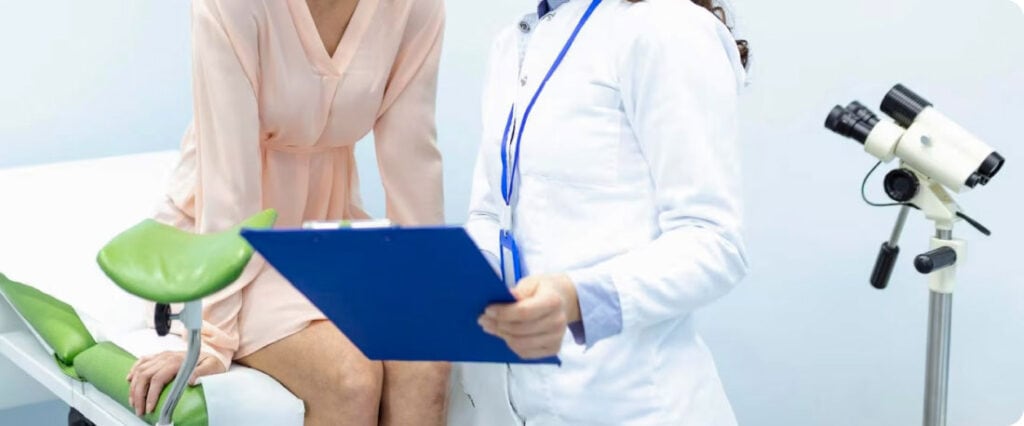

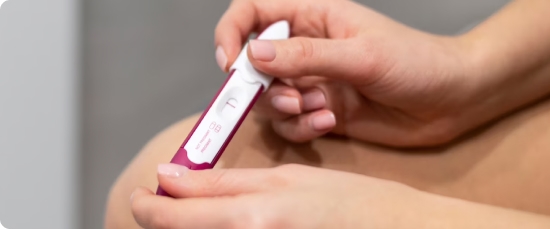
Pregnancy test
Two weeks after the embryo transfer, the woman will go to the fertility clinic so that our professionals can perform a blood pregnancy test and check if pregnancy has been achieved or with your ginecolyst in your country.
If positive we will do a new ultrasound will be performed and the patient will be discharged.
Egg donation success rate
Eggdonation is one of the techniques that produces the best results since the oocytes come from healthy, young women.
According to data from the registry of the Spanish Fertility Society, the possibility of achieving a pregnancy after a transfer of embryos from donor eggs is more than 50% per cycle, and can reach more than 95% on the third attempt.
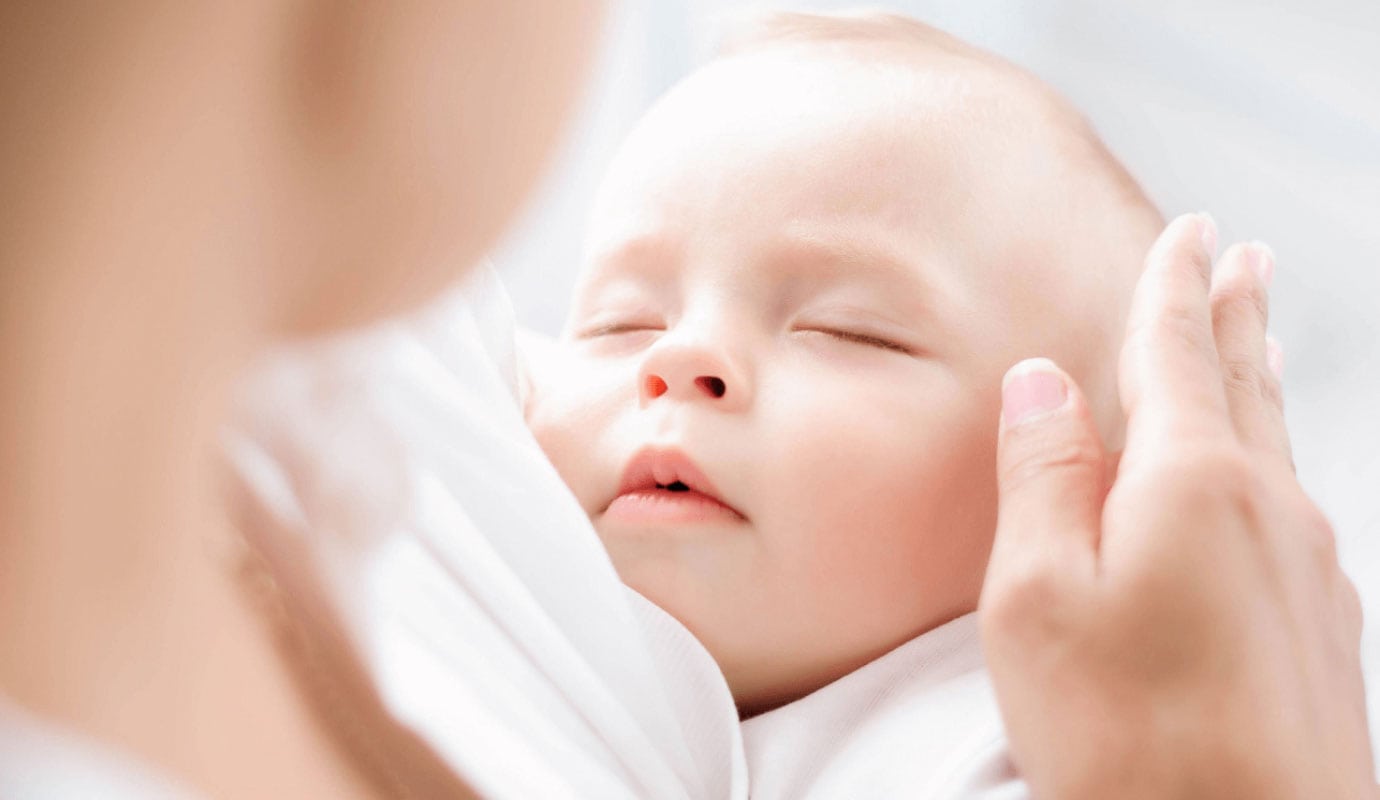

Price of the egg donation
The price of an ovodonation treatment ranges between 5,800 and 9,000 euros, approximately. This amount may vary depending on certain circumstances. For example, depending on the initial complementary tests required or whether the donated eggs are fresh or vitrified.
Egg donation
Which is the price?
Possibility of adapting payments to your needs: Representative example for a loan of €7,950 over a period of 24 months. Cash price €7,950 TIN 0%, APR 0%. 24 installments of €331.25. Total amount financed: €7,950. Total price in installments and total amount owed: €7,950. Financing offered by Sabadell Consumer Finance and subject to your approval.
Frequently asked questions
The success rate of ovodonation is around 80% in the first attempt. However, the success rate increases with the number of cycles performed, reaching up to 95% in the case of three attempts.
In Spain, some autonomous communities cover ovodonation through Social Security. However, their requirements are so strict that they leave out the majority of women who need to resort to this technique to have children.
For example, the Social Security only covers ovodonation in patients whose fertility has been impaired as a result of cancer treatments. In addition, another common requirement is that the woman must be under 40 years of age, which also excludes many couples.
As a result, the vast majority of women turn to private fertility clinics.
It is common for children born by ovodonation to resemble their mothers in different aspects related to their physique or personality. This is due to a concept known as epigenetics.
Epigenetics encompasses all those non-genetic factors that condition the development of the embryo. For example, diet, physical exercise or the woman’s state of mind during pregnancy.
All this means that, although the pregnant woman does not provide genetic information to her child, the child may resemble her. In addition, it must be taken into account that the specialists carefully choose the donor woman from among thousands of candidates, so that her physical features resemble or are in harmony with those of the parents.
No, Spanish law keeps the identity of gamete (egg and sperm) donors and recipients absolutely secret. Therefore, it is not possible to know the egg donor or to see a photograph of her.
The only exceptions to this rule may occur when the child develops a genetic disease for which access to the donors is strictly necessary. However, these cases are very rare and need to be protected by a judge.
Know the opinions of our patients

Marta Balaguer, Barcelona, España
I have been to other clinics and there is no comparison with the human and personal treatment that I have received in the Center of Barcelona. Waiting for pregnancy test results. 🤞 Wish me luck
Raquel López, Girona, España
Thanks to the doctors’ experience we felt very calm and the results were highly successful.
Leave us your information
so we can call you
or call us toll-free at
+34 602 259 002
- Experts in highly complex treatments
"*" indicates required fields
Where
are we?
Clinic
Barcelona
Passeig de la Bonanova 39
Sarrià-Sant Gervasi
08022, Barcelona
Telephone 936 55 55 44
